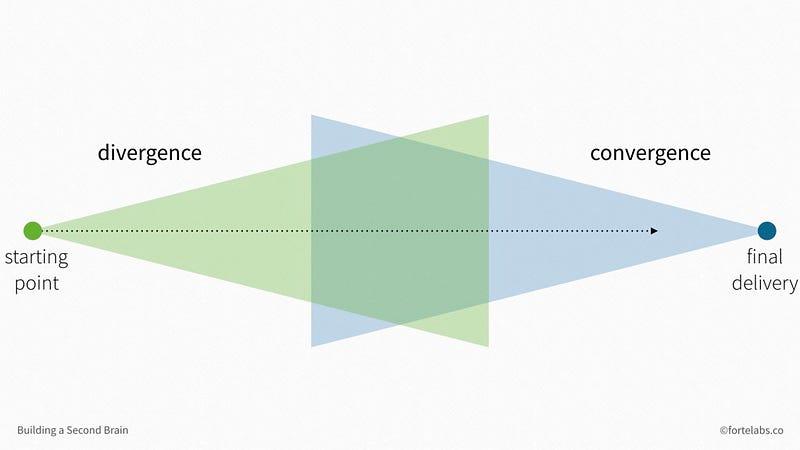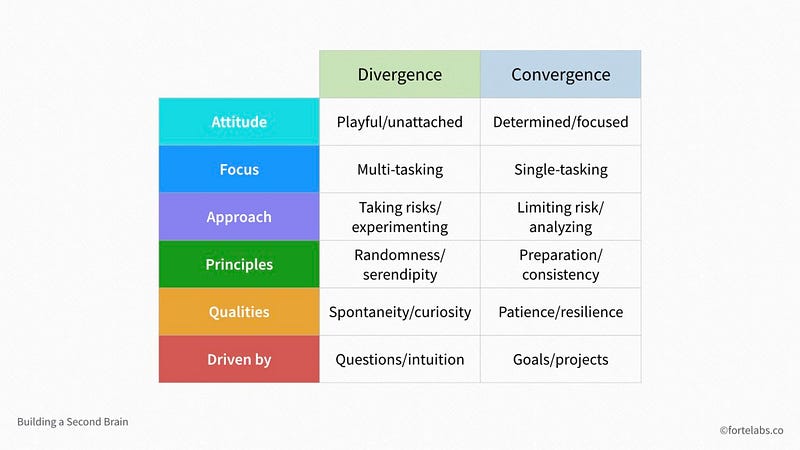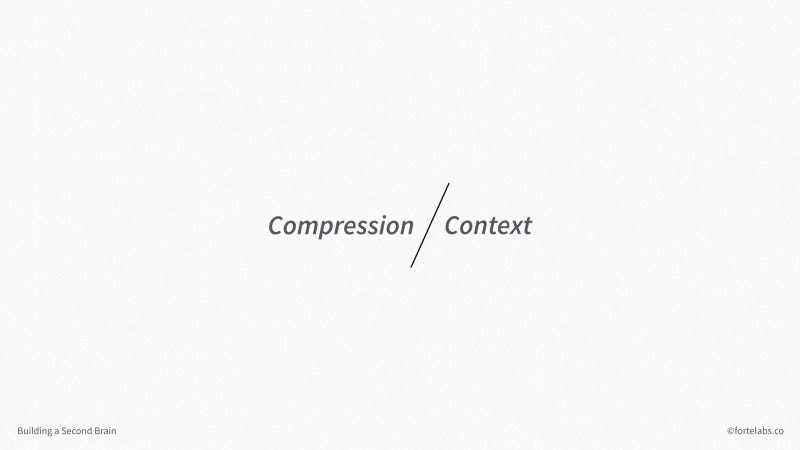Over the last year, I’ve started tracking my goals. I track goals from every area of my life, including personal, professional, financial, and spiritual goals. Since I began this practiced, I’ve completed about twenty goals. Some of these goals were small, and some were big. Either way, seeing this amount of progress has given me a sense that anything — but not everything — is possible.
One long-term intention I have is to diversify my intellectual knowledge base and skills. As Tiago Forte has said in summarizing Venkatesh Rao’s Breaking Smart series, “Individuals and companies in this new era innovate by exposing themselves to as many different streams as possible, especially ones that provide rich feedback, self-correction, ongoing improvement, and continuous learning.”
Accordingly, I recently formulated a specific, narrowed form of this goal: to read research abstracts from 50 scientific papers. I want to get in the habit of looking for and skimming research papers in topic areas I’m interested in. This could be valuable for both new-to-me topic areas (e.g. knee pain relief), and for topics I’m more expert in (e.g. meditation). By committing to a specific, relatively high number, I am overlearning this technique — practicing it more than seems necessary.
In the divergence/convergence paradigm, exposing myself to in-depth research is a divergence practice. It will widen the range of possibilities available to me in future projects.

I don’t know what those projects will be, so for the time being, I can be playful, spontaneous, and curious, following my questions and intuitions wherever they may lead:

At the same time, there’s an awareness that these notes may one day form the basis of a project deliverable. This is why research papers are a great choice to explore divergence with. Abstracts and conclusions of research papers strike an appropriate balance between compression and context: they are compressed, summarized versions of their findings, giving readers a way to quickly access high-quality, dense material. If a deeper dive seems worthwhile, readers can read the rest of the paper.

I will also be adding my own layer of compression-friendly metadata by means of progressive summarization, so that they can easily form the basis of future projects for my future self and other collaborators.
I’m excited about this undertaking, because it at the same time that it opens up new realms of possibilities to me, it cements certain learning habits that I’ve cultivated over the last year: goal tracking, overlearning, Progressive Summarization, and the divergence/convergence paradigm.
I’ll close with a quote from a research paper I read last year, Distributing Cognition: from Local Brains to the Global Brain (Vidal 2015):
“as we can see further with telescopes, move faster with cars, and do more with laser microsurgery than we can do with just our unaided hands and heads, so we can think faster and further, and do more, with language, books, calculators, computers, the web, algorithms, software agents, plus whatever is in the heads of other cognizers.”
